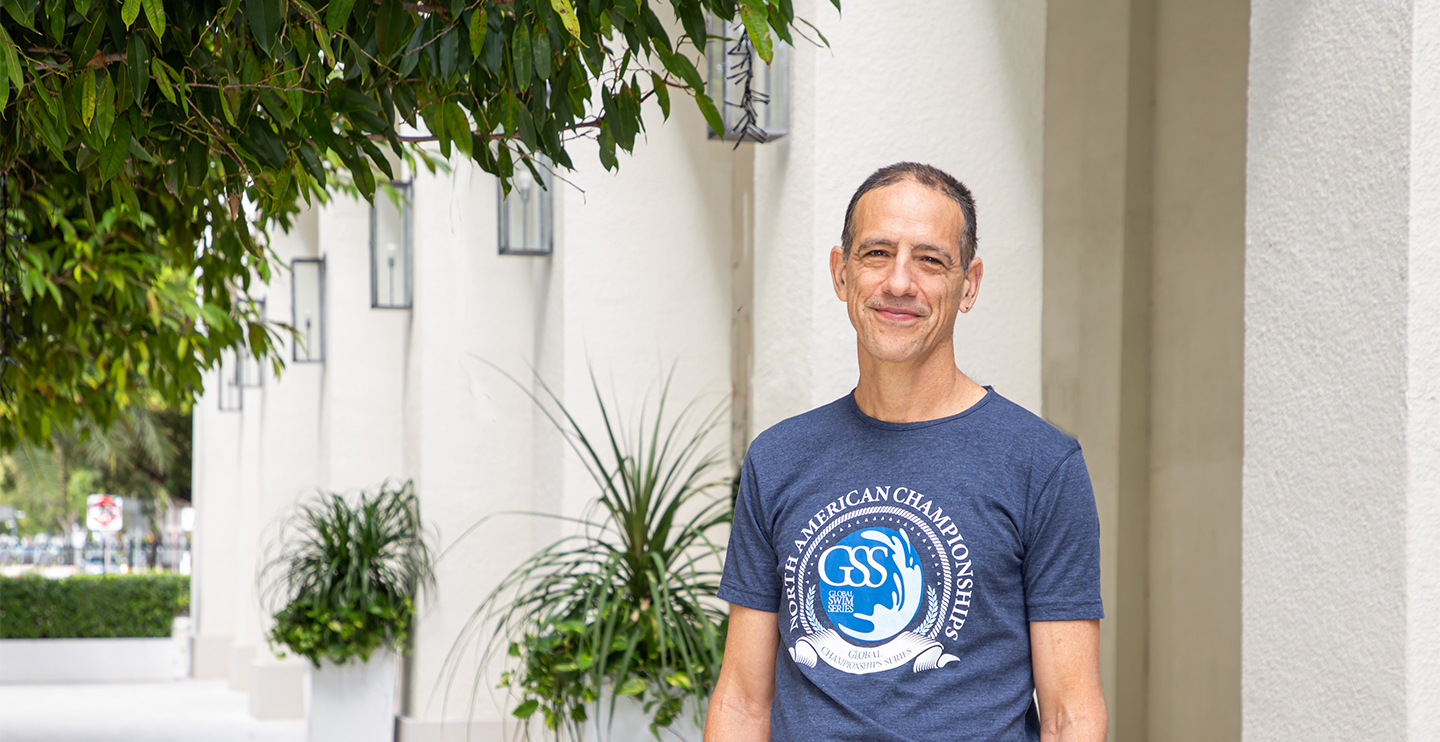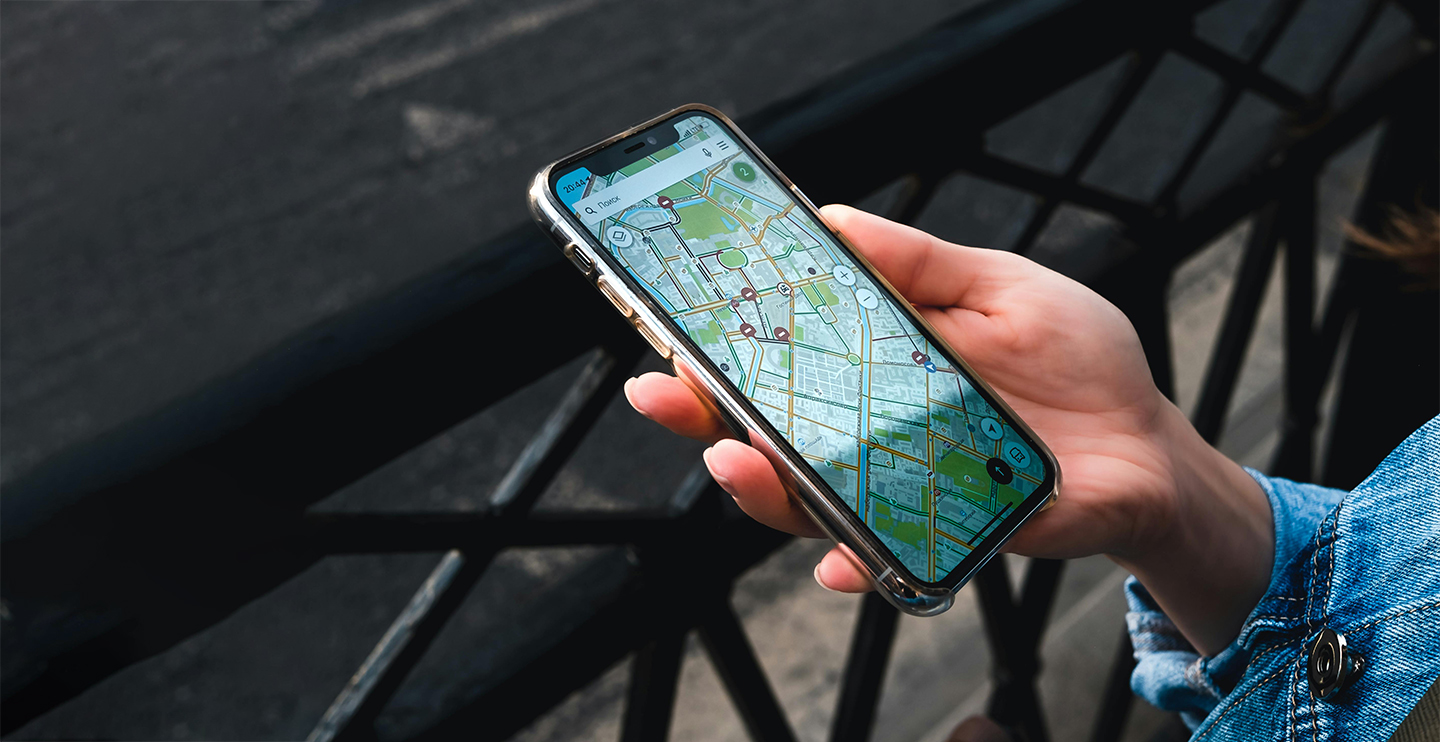The world has entered a new era of research, one defined by powerful digital tools, interdisciplinary thinking, and data that can tell a thousand human stories in milliseconds. Dr. Daniel Messinger has landed right at the forefront through groundbreaking work connecting the ethical use of research technology with the evolving science of human behavior.
Dr. Messinger is a professor in the Department of Psychology and Director of Social and Behavioral Data Science at the Frost Institute for Data Science and Computing. His work is not just academic, it’s deeply human. With more than 120 publications in top journals and years of experience mentoring young scientists, he is uniquely positioned to serve as a guide through this complex intersection of emerging technologies and social understanding.
Through longitudinal studies, advanced data collection techniques, and a strong ethical compass, Dr. Messinger is helping to reshape the way we study, interpret, and protect human behavior, especially in children. Two of his most compelling initiatives are the ethical challenges of using new digital research tools and a physics-inspired look at social behavior through human movement. Together, these efforts reveal both the promise and the responsibility that come with decoding the science of human connection.

Imagine being able to track a child’s language development, not just during a short research session, but throughout an entire day, capturing the full, rich context of their communication environment. Thanks to new digital tools, researchers can now do exactly that. Devices like daylong audio recorders and real-time location trackers give developmental scientists a detailed picture of how children interact with peers, caregivers and teachers.
“These tools are used to understand how children, including those with hearing loss, experience language and social interactions in real-world classroom settings,” said Dr. Messinger. “The volume and depth of data collected is unprecedented, letting us observe how social patterns unfold moment to moment.”
This technological capability brings with it complex ethical questions. Who owns this data? How do we protect children’s privacy when the data contains sensitive audio recordings or location history? How do we share findings with families in a way that’s transparent, responsible, and helpful?

To answer these questions, Dr. Messinger worked closely with a team of researchers from different units within the university. His collaborators include:
- Dr. Lynn K. Perry, Professor in the Department of Psychology;
- Dr. Batya Elbaum, Professor in the Department of Teaching and Learning;
- Dr. Ivette Cejas, Director of Family Support Services in the Children’s Hearing Program and Professor in the Departments of Otolaryngology, Pediatrics, and Psychology;
- Christina Sarangoulis, Clinical Research Coordinator in the Department of Otolaryngology;
- Dr. Chaoming Song, Associate Professor in the Department of Physics; and
- Debasish Sarker, a PhD candidate in the Department of Physics.
The team drew from interviews with parents, teachers and clinicians to identify three main areas of concern: data storage and sharing, returning results to participants and incidental findings.
With large-scale data comes the need for secure storage and responsible sharing among researchers. Especially when dealing with young children, researchers must guard against any breach of personal information. Clear protocols need to be in place to anonymize data without losing its scientific value.
Participants, parents in particular, often want to know what the research found and how it applies to their child. So, how do researchers balance the desire to share results with the reality that some findings may not be immediately relevant, or can potentially be misinterpreted?
What happens when researchers uncover unexpected data, such as evidence that a child may be experiencing developmental delays or social isolation? Should this be shared with parents or teachers? There are no easy answers to these questions, but they are crucial to building the trust that underscores ethical research.
Trust is the key theme that emerged from the team’s interviews. “Many of the adults emphasized the importance of trust in the relationship between researchers and research participants,” explained Dr. Messinger. “Developing this kind of trust is critical to successfully addressing the ethical dilemmas that may arise as we collect more and more digital data.”
Beyond language and behavior, Dr. Messinger’s work takes a new twist when it uses principles from physics to understand social interaction. In a landmark study documented in Emergence of social phases in human movement, Dr. Messinger and his colleagues demonstrated that children’s physical movement patterns in classrooms and playgrounds reflect deeper social phases, similar to how gases and liquids behave in physics.
Using high-resolution radio-tracking systems, the team recorded how preschoolers naturally formed and dissolved groups during play. They were surprised to find children moved and interacted in ways that resembled phase transitions in physical systems. At certain points, small changes in social conditions, like the presence of a teacher or a toy, led to large shifts in group behavior.
This blending of behavioral science and statistical physics offers a new framework to think about human interaction, not only in schools, but in any group setting. It has implications for how we manage classrooms, track the spread of illnesses or model social networks.

At first glance, ethics in research and the physics of social movement may seem like unrelated topics, but under Dr. Messinger’s guidance, they converge in meaningful ways. Both fields depend on capturing human behavior, plus they rely on digital tools that monitor and record detailed human actions. Additionally, they both require careful consideration of what that data means, both scientifically and morally.
These questions are not hypothetical. As data becomes more granular, more real-time and more powerful, it’s crucial to ensure that ethical frameworks keep pace. Dr. Messinger advocates for collaborative models of research ethics, ones that include not just scientists and ethicists, but also families, educators and the children themselves.
This interdisciplinary approach of combining developmental psychology, digital technology, ethics, and physics points toward a new frontier in social science that values precision as well as empathy. His commitment to mentoring the next generation of scientists ensures that this work will continue, rooted in innovation and integrity.
Dr. Messinger’s work sends a clear message that the future of research is collaborative, ethical, and deeply attuned to the real lives of the people it studies. Whether tracking language development in a preschooler or modeling how children form social groups on the playground, the goal is the same: to better understand what it means to be human and to do so with compassion and care.
With leaders like Dr. Messinger continuing to explore these uncharted territories of human behavior, it’s safe to say we’re in good hands.
by Kimberly Bobson Feldman




